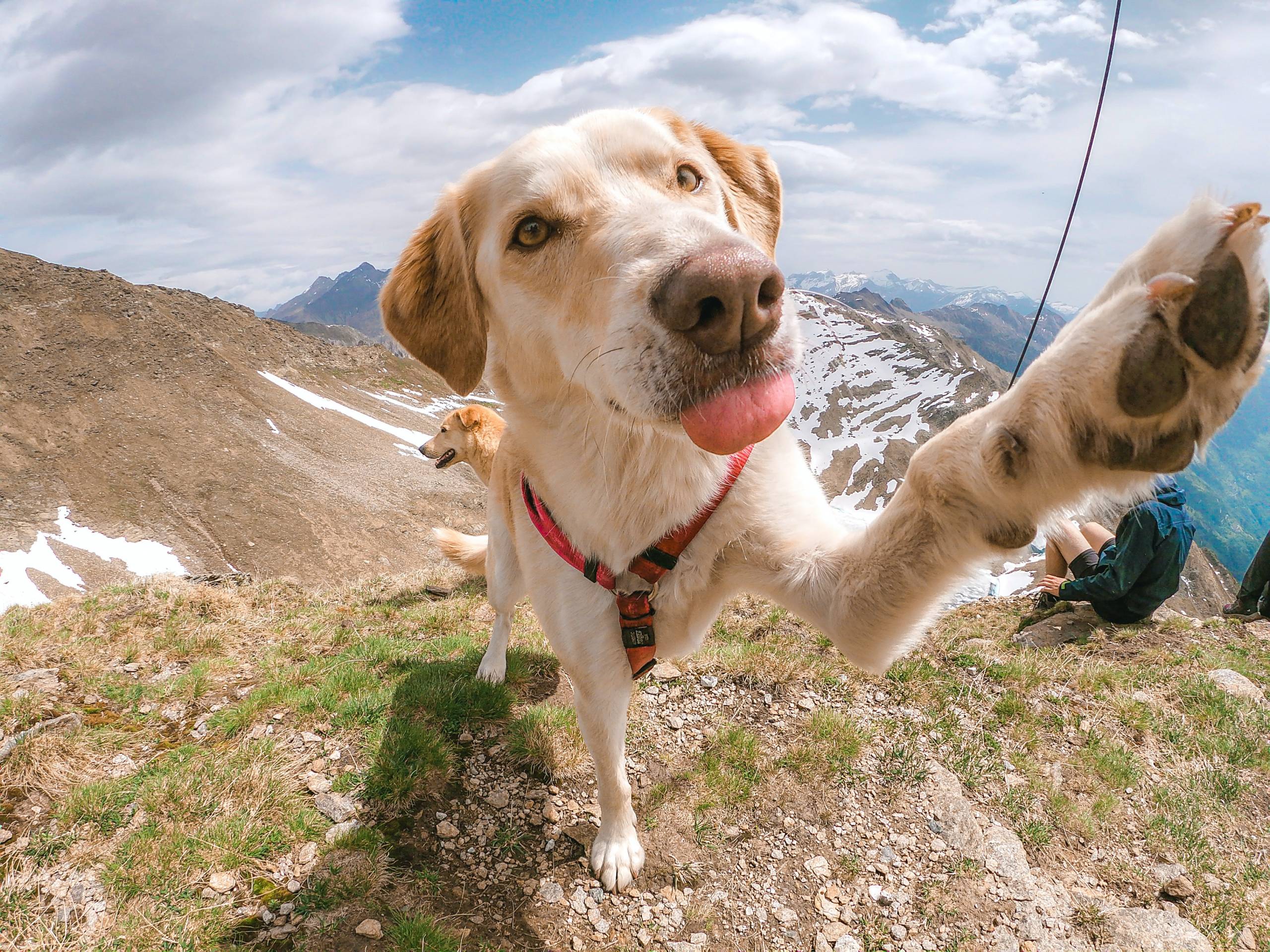
Types of Nuts That Are Harmful to Dogs
While you might enjoy snacking on a variety of nuts, it’s important to be aware of which ones can be harmful to your dog. Some nuts contain substances that can be toxic to dogs, leading to various health issues. The most common nuts that are bad for dogs include macadamia nuts, walnuts, and pecans. These nuts can cause adverse reactions ranging from mild gastrointestinal upset to more severe symptoms, such as weakness, tremors, and even seizures.
The Potential Risks
Macadamia nuts, in particular, are known for their toxicity to dogs. Consuming even a small amount of macadamia nuts can result in symptoms such as vomiting, weakness, hyperthermia, and tremors. These symptoms typically appear within 12 hours of ingestion and can last for approximately 12 to 48 hours. In more severe cases, dogs may experience an elevated heart rate and difficulty walking. Walnuts and pecans, on the other hand, can cause intestinal blockages due to their high fat content, leading to potential gastrointestinal issues.
What to Do if Your Dog Ingests Nuts
If you suspect that your dog has ingested any of the harmful nuts mentioned, it’s crucial to seek veterinary care immediately. Even if your dog is not exhibiting any symptoms, it’s best to err on the side of caution. Your veterinarian can assess the situation and provide the necessary treatment to address any potential health concerns. Remember to provide your veterinarian with as much information as possible, including the type and quantity of nuts your dog may have consumed.
In the case of mild symptoms, such as vomiting or diarrhea, your veterinarian may recommend monitoring your dog at home. However, if your dog is experiencing more severe symptoms, they may require supportive care, such as intravenous fluids or medication to manage their condition. Prompt veterinary attention can make a significant difference in your dog’s recovery and overall well-being.
While it can be tempting to share our favorite snacks with our dogs, it’s essential to prioritize their health and well-being. By being mindful of the types of nuts that are harmful to dogs and taking swift action if ingestion occurs, we can help protect our beloved pets from potential harm. As responsible dog owners, it’s important to stay informed about the foods that are safe and those that are best avoided. Always consult with your veterinarian if you have any concerns about your dog’s health or dietary habits.
Remember, our dogs rely on us to keep them safe and healthy, and being aware of potential hazards, such as harmful nuts, is a crucial part of fulfilling that responsibility. By staying informed and taking proactive measures, we can ensure that our dogs continue to lead happy, healthy lives as cherished members of our families.
[/fusion_text]

